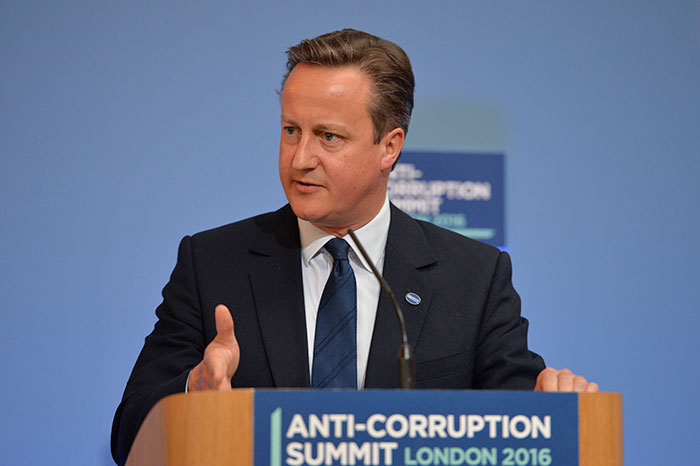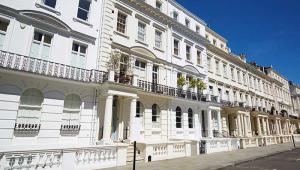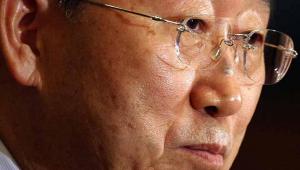web_6938709636_a537858688_o.jpg

UK prime minister David Cameron speaks at the Anti-Corruption Summit in London yesterday. Credit: Robert Thom/ Cabinet Office
Following the meeting at London’s Lancaster House yesterday, leaders made a number of promises to increase transparency, fight bribery and bring the corrupt to justice.
But just five nations made firm commitments to join the UK in publishing the true identity of the owners of foreign companies operating in their countries. Transparency on beneficial ownership is considered the “gold standard” in fighting tax evasion and corruption by Cameron and campaigners alike.
Afghanistan, France, the Netherlands and Nigeria all agreed to commit to the measures and Kenya has now also agreed to establish a register of beneficial ownership.
A further six nations, including Australia, Ireland and Norway, have said they will explore similar measures.
Eleven more countries have announced they will join up to a scheme, headed by the European Union’s five biggest economies and set up in response to the Panama Papers leak, to exchange information on beneficial ownership with other nations, but not publicly.
The United Arab Emirates, the Cayman Islands, Jersey, Bermuda and the Isle of Man are some of those that join 29 other countries already signed up to the initiative.
However the United States, which is ranked third in the world for its levels of financial secrecy, did not join the scheme, neither did the British Virgin Islands – one of the world’s most popular tax havens.
The absence of countries like the BVI and Panama, both of which are at the centre of recent tax avoidance controversies, undercut the summit’s effectiveness.
Failure to secure commitments from countries like the BVI has been a source of embarrassment for Cameron, who has been under pressure to bring the UK’s overseas territories and crown dependencies in line.
Barry Johnson, head of advocacy at ActionAid, said that as a result the summit will be “remembered for what has not been achieved”.
“Despite the largest tax scandal in history, David Cameron has failed to tackle the problems in the UK’s own backyard. The veil of secrecy over British tax havens will continue to make it possible to hide the proceeds of corruption and dodge tax in the world’s poorest countries,” he said.
Cameron defended the jurisdictions at the summit yesterday, stating that they had come a long way.
Other announcements include the creation of a Global Forum for Asset Recovery, which will bring together governments and law enforcement agencies to expedite the return of stolen assets to countries like Nigeria.
Nigerian president Muhammadu Buhari, and Chukwuka Utazi, a member of Nigeria’s committee on financial crimes and corruption, have criticised the UK for providing a safe haven for ill-gotten funds.
Buhari, who was elected on an anti-corruption ticket, has announced that Nigeria would be joining the Open Government Partnership, an international body that works to increase transparency in government.
OGP chief executive Sanjay Pradhan called this a “huge step forward” for Nigeria, saying it signalled the country’s intention to putting tackling corruption at the heart of its reform agenda.
A further 10 countries, including Afghanistan, Australia, Romania and Georgia said in their country statements that they will be engaging with OGP in order to further their anti-corruption agenda, after the value of the OGP was recognised in the joint-communique.
The UK, one of OGP’s eight founding countries, also published its third national action plan, developed in conjunction with civil society organisations. It includes a commitment to make data open and available throughout the whole contracting cycle, including for major infrastructure projects.













